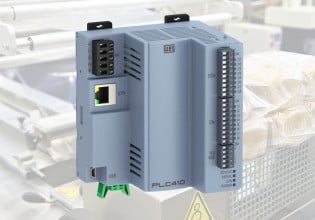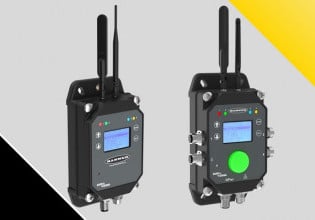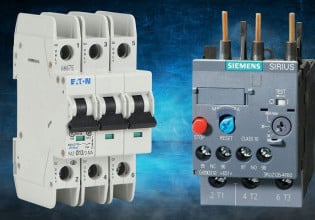P
Hi all,
I managed to have a look at the Modbus code tonight and I fixed one little thing but discovered that io_status_pt no longer exists in the io library. Do we not wish to monitor io conditions any more or have we decided to do this some other way. Do you want me to modify the Modbus code or the io library.
If I remember correctly, it was jiri who helped develop the io_status_pt and it worked a treat. When a remote rack failed any io associated with that rack would bring on the io_status_pt to indicate the failure. The future was to bring status points like analog hi-low alarms, fuse blown and all sorts of other wonderful things. At least that was one goal.
Are we intending to re-develop this library or take the aproach of creating these diagnostics as normal points that somehow get configured in by the end user.
I dont mind taking a step back so long as the next step is in a better direction -->
-->
I haven't had a chance to look through much of the new library changes so just kindly point me in the right direction if all this has already been delt with.
--
Regards
Philip Costigan
_______________________________________________
LinuxPLC mailing list
[email protected]
http://linuxplc.org/mailman/listinfo/linuxplc
I managed to have a look at the Modbus code tonight and I fixed one little thing but discovered that io_status_pt no longer exists in the io library. Do we not wish to monitor io conditions any more or have we decided to do this some other way. Do you want me to modify the Modbus code or the io library.
If I remember correctly, it was jiri who helped develop the io_status_pt and it worked a treat. When a remote rack failed any io associated with that rack would bring on the io_status_pt to indicate the failure. The future was to bring status points like analog hi-low alarms, fuse blown and all sorts of other wonderful things. At least that was one goal.
Are we intending to re-develop this library or take the aproach of creating these diagnostics as normal points that somehow get configured in by the end user.
I dont mind taking a step back so long as the next step is in a better direction
I haven't had a chance to look through much of the new library changes so just kindly point me in the right direction if all this has already been delt with.
--
Regards
Philip Costigan
_______________________________________________
LinuxPLC mailing list
[email protected]
http://linuxplc.org/mailman/listinfo/linuxplc






